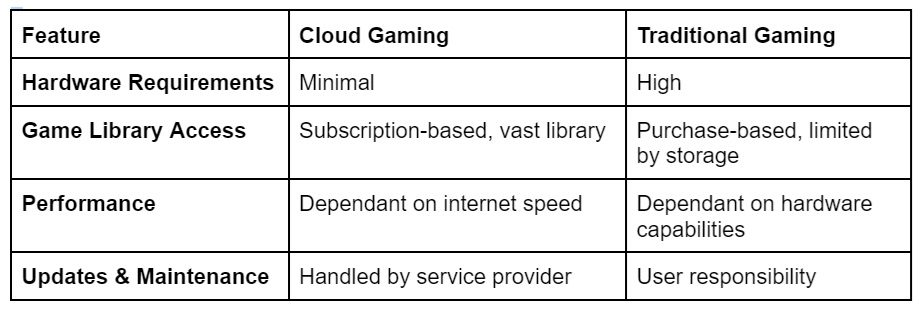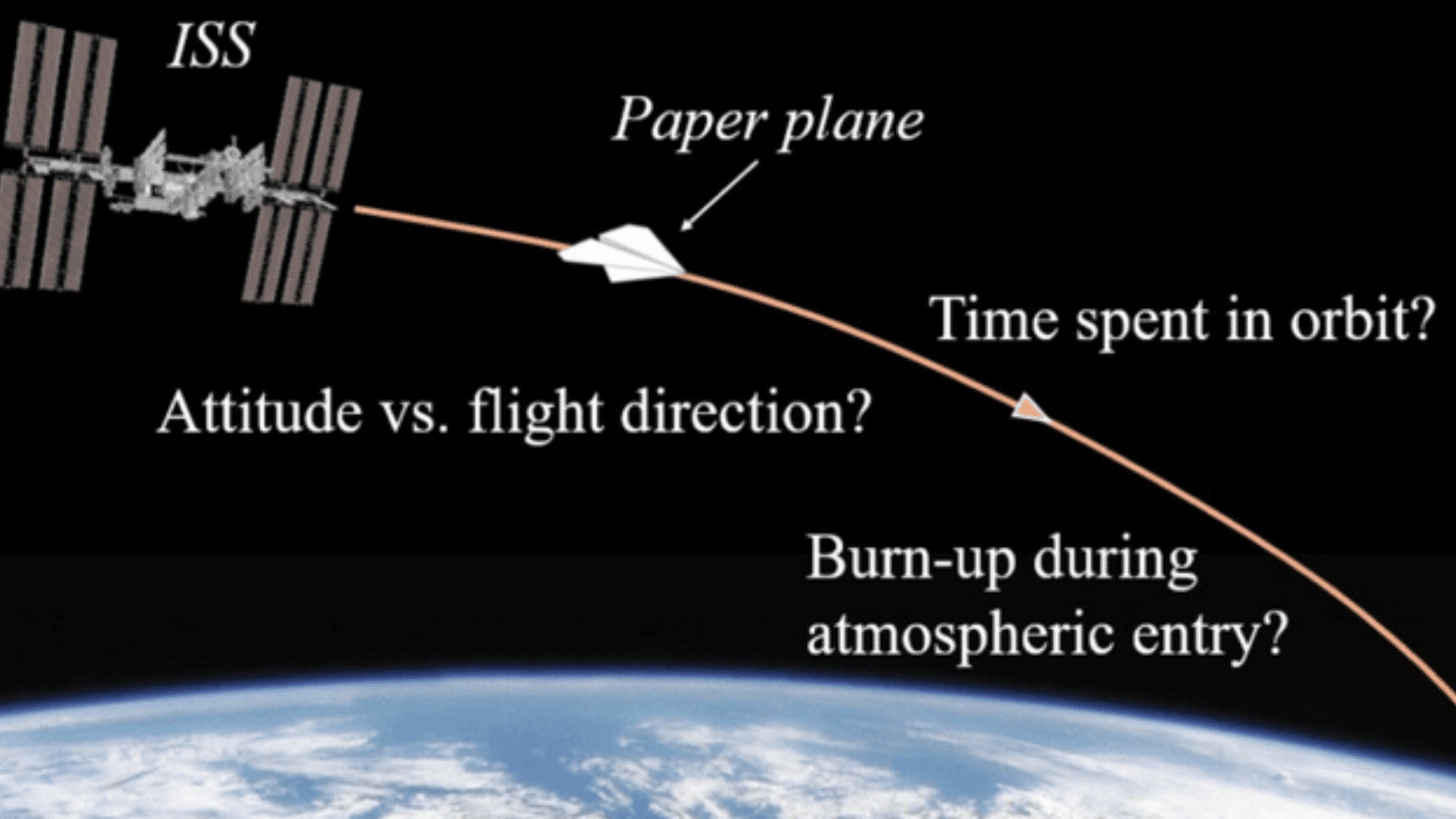Cloud gaming is revolutionizing how we access and enjoy video games, offering unparalleled convenience and flexibility. As technology advances, cloud gaming is likely to become the dominant form of on-demand entertainment, providing gamers with instant access to a vast library of titles without the need for expensive hardware.
What Is Cloud Gaming?
Cloud gaming, also known as game streaming, is a technology that enables users to play video games over the internet without requiring a powerful game console or PC. Instead of running the game locally on the user’s device, the game is hosted on remote servers in data centers. The gameplay is streamed to the user’s device in real-time, similar to how we stream movies, music, or even play at an online casino.

This technology leverages the power of cloud computing to deliver high-quality gaming experiences on various devices, including smartphones, tablets, smart TVs, and low-end PCs. By offloading the processing power to the cloud, gamers can enjoy the latest titles with high graphics settings and smooth performance, regardless of their device’s specifications.
Cloud gaming services typically offer a subscription model, giving users access to a vast library of games for a monthly fee. This model eliminates the need for physical game purchases and allows for instant access to new releases and updates.
The Rise of Cloud-Based Gaming Platforms
The rise of cloud-based gaming platforms has been fueled by advancements in internet infrastructure, cloud computing, and data compression technologies. Major tech companies and gaming giants have launched their own cloud gaming services, making high-quality gaming more accessible than ever before.
Cloud Gaming Vs. Traditional Gaming
The major difference between cloud gaming and traditional gaming lies in where the game is processed and played. In traditional gaming, the game runs on local hardware, such as a console or PC, requiring significant processing power and storage. In contrast, cloud gaming runs the game on remote servers, streaming the gameplay to the user’s device.
Benefits of Cloud Gaming
Unlike traditional gaming, which requires powerful hardware and physical game purchases, cloud gaming leverages the power of remote servers to deliver high-quality gamer experiences directly to users’ devices. This shift not only democratizes access to gaming but also introduces several key benefits that make it an attractive option for gamers. Let’s take a closer look at these benefits.
Accessibility and Convenience
Cloud gaming allows gamers to play their favorite titles on any internet-enabled device. This eliminates the need for expensive gaming consoles or high-end PCs, making gaming more accessible to a broader audience. Whether at home or on the go, players can enjoy a seamless gaming experience without being tied to a specific device.
Cost-Effectiveness
One of the most appealing aspects of cloud gaming is its cost-effectiveness. Subscription models provide access to a vast library of games for a monthly fee, eliminating the need to purchase games individually. This not only reduces the upfront cost of gaming but also ensures that players have access to the latest titles and updates without additional expenses.
Enhanced Gaming Experience
Cloud gaming services often offer high-quality graphics and performance, leveraging powerful remote servers to deliver a superior gamer experience. These servers are equipped with the latest hardware and software, ensuring that games run smoothly and look stunning, regardless of the user’s device specifications. This means that even gamers with basic set-ups can enjoy high-end gaming experiences.
Challenges Facing Cloud Gaming
Despite its many benefits, cloud gaming also faces several challenges that need to be addressed to ensure a seamless gamer experience for users.
Latency and Connectivity Issues
A smooth gamer experience in cloud gaming heavily relies on high-speed internet. Any lag or delay in the connection can disrupt gameplay, leading to frustration for players. This dependency on stable and fast internet connections can be a significant problem, especially in regions with less reliable internet infrastructure.
Data Privacy and Security Concerns
Storing and processing game data on remote servers raises important data privacy and security questions. Players’ personal information and gaming data are vulnerable to breaches and cyber-attacks. Ensuring robust security measures and transparent data handling practices is crucial to gaining and maintaining user trust.
Limited Game Library
While cloud gaming services offer a wide range of titles, they may not have every game available, which can limit choices for some gamers. Licensing agreements and exclusivity deals can restrict the availability of certain games on specific platforms, potentially leaving out popular titles that players want to access.
Cloud gaming is set to transform the gaming industry, offering a convenient and cost-effective way to enjoy high-quality games. While there are challenges to overcome, the benefits of cloud gaming make it a promising future for on-demand entertainment. As technology advances, we can expect cloud gaming to become an integral part of the gaming landscape.
This is a sponsored post by SerpNexus. All reviews and opinions expressed in this post are not based on the views and opinions of Tomorrow’s World Today.








